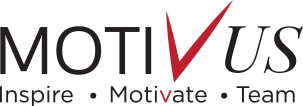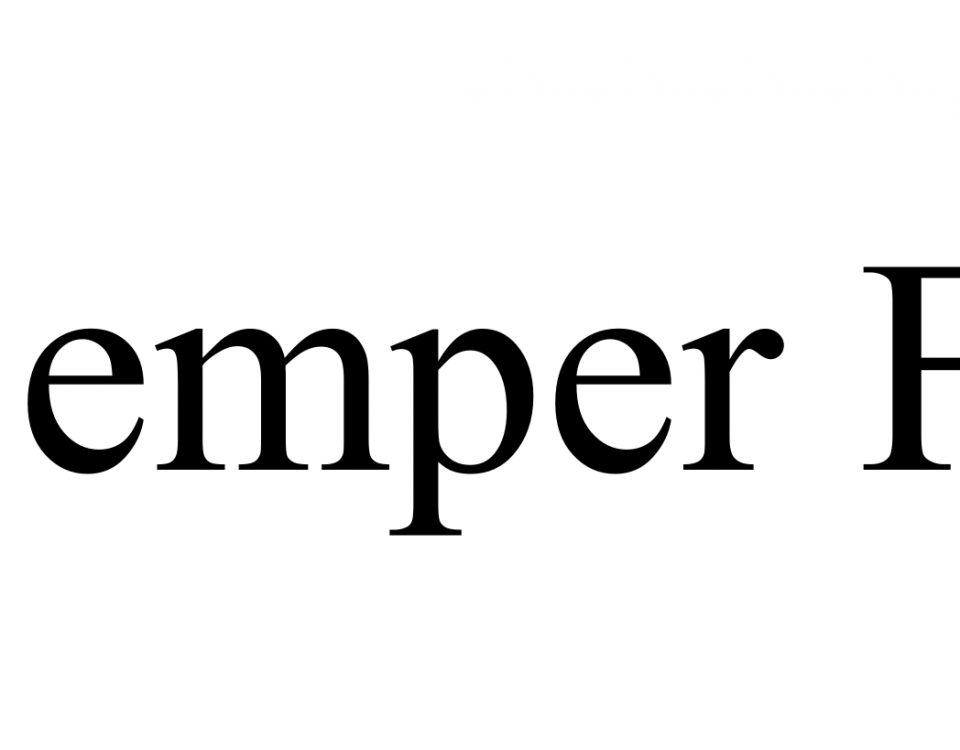Train your Brain.
What would your critics say about you?
Would you be comfortable hearing what others consider your challenges? Would you be surprised by how they describe your performance?
How about your strengths? What would others say are your strengths?
Your vocabulary, what comes out of your own mouth, in a large way shapes what you think about yourself. And it shapes what others think about you. The more you recite a belief or a perspective, the more you dig a rut in your brain, a rut that holds that thought, that perspective, that opinion. We are constantly training our brain to think in certitudes.
Off topic hint: Don’t believe everything you think.
So, back to what your critics and others would say about you, what your reputation is.
What do you want that reputation to be? Think of specific words you would want people to use. Be realistic, folding in what your potential is, what your energy level is, what your standards are.
Some possibilities:
- hard-working,
- a good team player,
- a great listener,
- clever,
- competitive,
- punctual,
- sloppy,
- apathetic.
In previous articles at motivus.org I’ve written maybe too esoterically about your brand. Perhaps reputation is the clearer term. You want to define how you’d want others to describe you. A great set of parameters to remember in deciding is to forecast what characteristics will be most helpful in your current and desired future work environment.
What will get you raises, promotions and, hopefully for your own mental health, what will help the team win? What will help the team hit budget, attain sales goals, nail food cost, drive billable hours, whatever the measurement(s) of success?
Let me use an example to illustrate. Let’s say I decide I want to be known for great listening skills and for always setting high standards. I’d come to the conclusion that everyone else should think of me:
- as a great listener
- as one who does it once and does it right,
- as gently intolerant of slack performance in myself and others.
To build that reputation I have to train my brain to use THOSE words. No beating around the bush. Branding is about terminology. Specific words.
So I tell my boss when I speak to her that I want to refine my listening skills. I want to better understand clients needs, or their potential or their decision-making processes. I want to listen to internal stakeholders to better understand their pressure points.
Maybe I sandwich a suggestion around my goal of listening. I suggest I take a client golfing so that I have a great opportunity to better listen to my client. Whenever I make work-related comments, I am mindful that I sprinkle, though not cascade, my conversation with references to my goal of learning by listening.
At the same time, I remember I also want to advance the ideation of Matt as setting high standards. So I do the same thing. When I am in a discussion with colleagues and we talk about an issue, I throw out the question, “Are we thinking big enough? Are we setting a high standard for ourselves?”
Brand pillars for big companies are all based on making you think of their brands, their reputations, very specifically. If they want you to think it tastes great, their marketing is Tastes Great! If they want you to think it is less filling, they will say it is Less Filling! Brands are laser focused on using the exact words they want to shape their reputation in your and the public’s mind.
Now to the real magic of training your brain with this sort of self-policing. Unless you are a total hypocrite in life, you will start to hold yourself to standards based on what you decided your reputation would be.
If you decided to be positive and productive at all all times, you will start to chase those adjectives in your behavior. You will make yourself more positive, more productive. You will use those words as cues for action.
If you want to be the zero defect guy in the office, then you start reflecting on your success in attaining zero defects. You run after zero defects.
You need to proclaim aloud and in writing to others. You have to actively state your behavioral goals so that others clearly recognize them in you in an unaided fashion. That is how you train your brain. And it is how you train others brains.
There are three legs in the skill set stool for all of us. They are:
- work ethic
- attitude
- intelligence
Those are great places to start in terms of identifying what gets you where you want to be. The gal with the huge work ethic? The guy with the best attitude in the office?
I assure you that if you want to be known as having the best attitude in the office, a key is to exhibit a positive attitude. Yet to be known for it might also require you making it known that a great attitude in everything you do is a personal goal. That it is important to your personally to always exhibit a great attitude.
It is important to train your brain. Just as we develop muscle memory for physical activities, think a tennis or golf swing or perhaps skiing, we can train our brain to think in certain ways.
You want people to think you frugal? In passing, mention that you and your spouse tend to be careful with finances; heck tell them you are frugal. Tell them you tend to be that way at work too. An outcome of that is that subordinates become less likely to approach you with spending ideas if they don’t really believe them worthwhile. They will filter based on their perception of you as tightfisted.
You want people to think you are competitive? If so, and you want the team to embrace that it is ok, even great, to be competitive then you use phrases like:
- Show me a good loser, and I’ll show you a loser
- If you’re not cheating, you’re not trying
- Second place is first loser.
None of those expressions is particularly ennobling, but if used in a sardonic or self-deprecating way, they can establish the foundation you are looking for. I am competitive. We are competitive. For sure you want other departments to think your unit is competitive. For sure.
I’ve always wanted my teams to think of me as competitive. We have to win. And as frugal. We have to live within our means.
Train your brain and train others’ brains.
The reputation you have established for yourself, whether it be hard-working, team oriented, lazy, etc. is supported by your behaviors. However, also important is how you describe yourself. Let’s say for example you wanted to have a reputation for setting high standards. Maybe I should pause here and say that your brand is, for the purposes of this, synonymous with your reputation. What is your reputation?
Will people describe you as a team player, will they describe you as somebody who is always looking to help, would they describe you as caring about the departments success?
How you want people to view you, how you want people to perceive you, what you what your reputation to be, are all in your control. Train your brain to say and do the things that are consistent with the reputation you seek.
You can be the hardest worker. You can be the colleague who motivates peers. You can be a team player. You can be a colleague who never missed a deadline. The willingness to train your brain will move you in that direction. You want to be a great father; then tell others you want to be a great father. Tell yourself you want to be a great father. Filter your next parental experience against the challenge, “is that how a great father would do it?” Everyone deserves a great dad.





